Data Protect
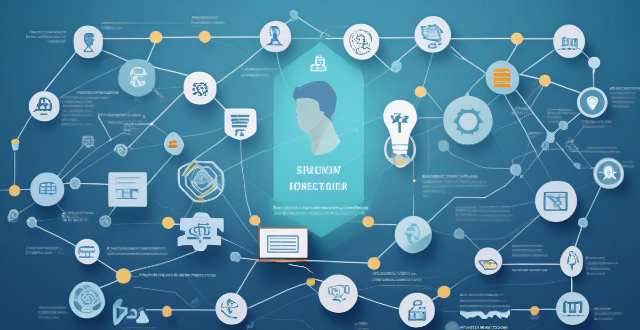
Can a VPN service protect me from hackers and cyber threats ?
VPN services create an encrypted connection over the Internet, allowing users to securely send and receive data as if their devices were on a private network. This enhances privacy by masking IP addresses, protects data on public Wi-Fi, and enables access to geo-restricted content. However, VPNs are not a complete cyber defense solution; they do not protect against all malware or phishing attacks. Trustworthiness of the provider is crucial, and legal and performance considerations should be noted. Responsible use includes pairing VPNs with other security measures and adhering to ethical guidelines. As technology advances, expect more sophisticated VPN services, but awareness about their role in cyber defense is also growing.
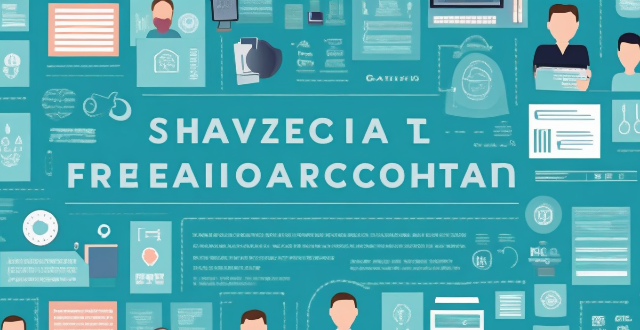
What is data privacy ?
Data privacy is the protection of personal information from unauthorized use. It's important for individual rights, building trust, legal compliance, and risk mitigation. Principles include data minimization, anonymization, encryption, transparency, consent, access control, retention, integrity, and accountability. Best practices involve regular audits, employee training, updating policies, secure systems, and response plans for data breaches.

How can I protect my personal data privacy ?
In the digital age, protecting personal data privacy is crucial. To enhance privacy, use strong and unique passwords, enable two-factor authentication, keep software up-to-date, be cautious with public Wi-Fi, monitor your online presence, use antivirus and anti-malware software, educate yourself about phishing scams, and control app permissions. Staying vigilant and informed is key to safeguarding your online privacy.
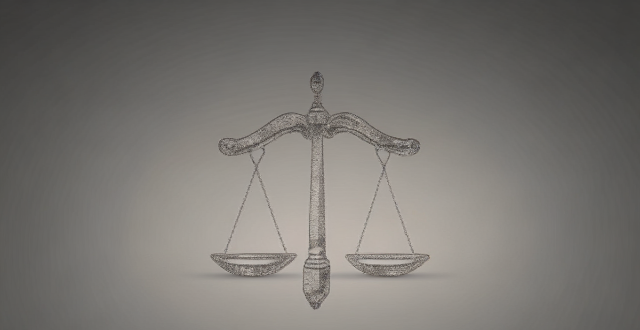
What regulations govern Cross-Border Payment ?
Regulations governing cross-border payment include Anti-Money Laundering (AML) laws, Payment Card Industry Data Security Standard (PCI DSS), International Wire Transfer Regulations, and General Data Protection Regulation (GDPR). These regulations ensure the security, safety, and efficiency of the process by requiring financial institutions to verify customer identity, monitor transactions for suspicious activity, protect cardholder data, comply with US sanctions and embargoes, and protect personal data.

What happens to my data during an iPhone repair ?
When you send your iPhone for repair, the repair center will take several steps to protect your data, including diagnostics, backup, data protection, testing, verification, and return of your device.

How do data protection regulations handle sensitive personal data ?
Handling sensitive personal data under data protection regulations requires strict adherence to principles such as consent, minimization, purpose limitation, and security. Regulations like the GDPR in the EU, CCPA in the US, and PIPEDA in Canada impose specific conditions for processing sensitive information. Organizations must adopt best practices including assessment, privacy impact assessments, employee training, access controls, and monitoring to ensure compliance and protect individuals' privacy rights.
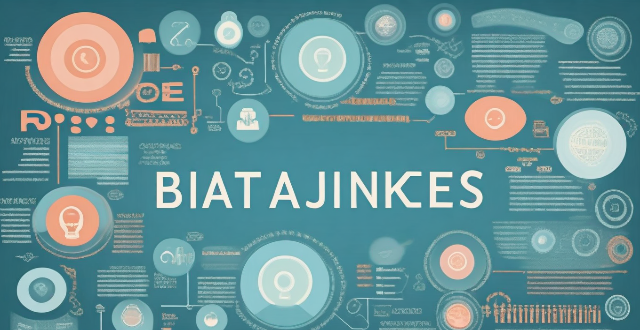
What is the difference between data privacy and data protection ?
The text discusses the difference between data privacy and data protection, emphasizing that understanding these concepts is crucial for managing personal information responsibly. Data privacy focuses on individual rights to control personal information, while data protection emphasizes organizational measures to safeguard that information. Both are essential for building trust and ensuring responsible data handling.

Can you explain the concept of 'data minimization' in data protection laws ?
Data minimization is a crucial principle in data protection laws that requires organizations to collect and process only the minimum amount of personal data necessary for specified, explicit, and legitimate purposes. This concept aims to protect individuals' privacy by limiting the potential harm that can result from the misuse or breach of their personal information. Key aspects of data minimization include collection limitation, purpose specification, data retention, data security, and accountability and transparency. Implementing robust security measures is crucial to ensure the confidentiality, integrity, and availability of personal data. Adhering to data minimization principles helps organizations comply with various data protection laws, fosters trust between individuals and organizations, reduces the risk of privacy breaches and violations, mitigates potential damage caused by cyberattacks or data breaches, and leads to cost savings for organizations due to reduced storage requirements and associated management costs.

What are the most effective ways to protect against radiation exposure ?
Radiation exposure can be harmful to our health, and it is essential to take measures to protect ourselves from its effects. Here are some of the most effective ways to protect against radiation exposure, including using shielding materials, maintaining a safe distance, wearing protective clothing, following safety guidelines, getting regular check-ups, eating a healthy diet, and staying informed.

Why is data privacy important ?
Data privacy is crucial in the digital age, protecting individuals and benefiting organizations. It ensures control over personal information, prevents misuse, and builds trust. Organizations mitigate risks, gain customer loyalty, and comply with laws by prioritizing data privacy. Key principles include transparency, individual control, data minimization, and security measures. Data privacy will continue to shape the relationship between individuals and technology, balancing innovation and privacy rights.

What are the rules regarding data breaches under data protection regulations ?
Data protection regulations have been established to ensure the confidentiality, integrity, and availability of personal data. These regulations set out specific rules regarding data breaches that must be followed by organizations that handle personal data. The key rules regarding data breaches under data protection regulations include notification of data breaches, mitigating their impact, record-keeping and reporting, penalties for non-compliance, and best practices for preventing data breaches. By adhering to these rules and implementing best practices, organizations can reduce the risk of data breaches and protect individuals' personal data.
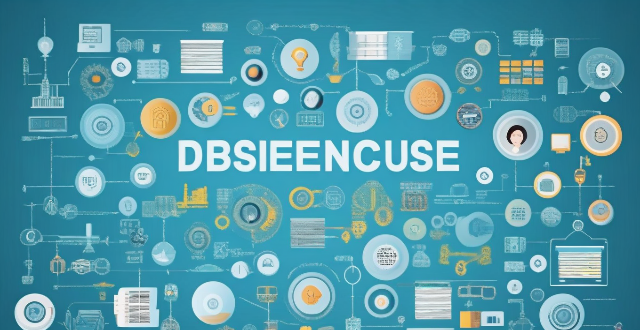
What are the consequences of a data breach ?
This text discusses the consequences of a data breach, including financial losses, loss of trust, reputation damage, and regulatory fines. It also highlights the long-term impact on business, legal implications, and personal impact such as identity theft and emotional distress. The text suggests mitigating measures such as implementing strong security measures, training employees, having a response plan, regularly updating systems, limiting access to sensitive data, backing up data, and insuring against data breaches.

How can I protect myself from getting infected with COVID-19 ?
The text provides tips on how to protect oneself from getting infected with COVID-19, including washing hands frequently, covering mouth and nose when coughing or sneezing, practicing social distancing, wearing a mask in public, staying home as much as possible, and getting vaccinated if eligible. These precautions can help reduce the risk of infection and protect oneself and others.

How do vaccines work to protect against disease ?
Vaccines protect against disease by introducing a small amount of the pathogen into the body, triggering the immune system to produce antibodies that protect against future infections with the same pathogen. There are several types of vaccines with unique mechanisms of action and effectiveness against specific pathogens. The development of vaccines is a complex process requiring extensive testing and research, but they have been shown to be highly effective at preventing serious diseases.

How can I protect my network from malware and viruses ?
Malware and viruses can cause significant damage to your network, including data loss, system crashes, and identity theft. To protect your network from these threats, you need to implement a comprehensive security strategy that includes installing antivirus and anti-malware software, using a firewall, keeping your system up-to-date, using strong passwords and 2FA, educating yourself and your employees, and regularly backing up your data. By implementing these steps, you can significantly reduce the risk of malware and virus infections on your network.

What is the role of encryption in securing data transmission ?
Encryption is crucial for securing data transmission by converting plain text into unreadable ciphertext, ensuring confidentiality, integrity, and authentication. It protects sensitive information, prevents data tampering, enhances trust, complies with regulations, and reduces the risk of data breaches. Two main types of encryption are symmetric and asymmetric encryption, each using different keys for encryption and decryption.

What are the benefits of using data encryption in business ?
Data encryption in business offers protection of sensitive information, compliance with legal requirements, enhanced customer trust, defense against cyber threats, and controlled data access. It ensures confidentiality and integrity of communications, helps meet regulatory standards, safeguards personal data, builds customer confidence, mitigates risks of data breaches, guards against malware and ransomware, provides role-based access control, and simplifies key management. This makes encryption an essential tool for securing digital assets and strengthening a company's market position.
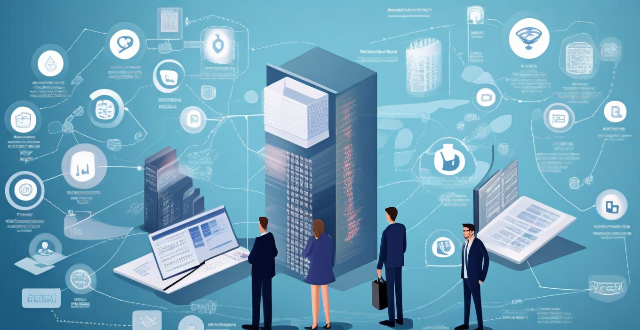
How do remote education platforms ensure data privacy and security ?
Remote education platforms ensure data privacy and security through encryption, access controls, two-factor authentication, regular security audits, and data retention policies. These measures help protect user data during transmission and storage, restrict access to sensitive information, add an extra layer of security, identify and fix vulnerabilities, and minimize the risk of data breaches.

What is the General Data Protection Regulation (GDPR) ?
The General Data Protection Regulation (GDPR) is a comprehensive data privacy law that governs how personal information is collected, processed, and stored by organizations within the European Union (EU). It was designed to protect the rights of individuals and ensure their personal data is handled securely and transparently. Key features of GDPR include data minimization, consent, transparency, data portability, right to erasure, data protection officers (DPOs), and penalties for non-compliance. Benefits of GDPR compliance include enhanced trust between organizations and customers, risk mitigation through strong data protection measures, competitive advantage in the EU market, and increasing global relevance as other countries adopt similar laws. Challenges of GDPR compliance include complexity, cost, cultural differences leading to confusion and potential non-compliance, and technological limitations. In conclusion, the General Data Protection Regulation (GDPR) is a crucial piece of legislation that aims to protect the privacy rights of individuals within the European Union. While it presents both benefits and challenges for organizations, compliance with GDPR has become an essential aspect of modern business operations in today's digital age.

How do data protection regulations apply to cloud computing services ?
**Data Protection Regulations in Cloud Computing Services** Data protection regulations govern the collection, storage, processing, and transmission of personal information to protect individuals' privacy rights. These regulations apply to all organizations that process personal data, including those offering cloud computing services. Cloud service providers must ensure their services meet specific requirements under data protection regulations, such as data minimization, security, transparency, portability, and accountability. The application of these regulations to cloud computing services enhances security, improves trust, and increases transparency but also presents challenges like complexity, cost, and interoperability. As cloud computing services grow, understanding and complying with data protection regulations is crucial for both providers and users to protect personal data effectively.
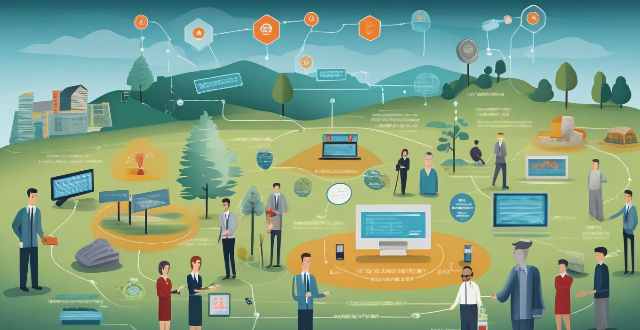
Can blockchain technology improve data security and privacy ?
Blockchain technology has been touted as a revolutionary tool that can improve data security and privacy. Its decentralized nature, encryption, and transparency make it difficult for attackers to compromise the network. Additionally, its anonymity, control over personal data, and smart contracts enhance privacy by giving individuals more control over their information.

What are the key principles of data protection legislation ?
Data protection legislation is designed to ensure that personal information is processed in a fair, transparent, and secure manner. The key principles of data protection legislation include: 1. Fairness, which involves transparency, purpose limitation, and data minimization. 2. Lawfulness and transparency, which require explicit consent and clear information about data processing. 3. Purpose limitation, which requires that data be collected for specific purposes and not further processed incompatibly. 4. Data minimization, which requires collecting only necessary data and retaining it only as long as necessary. 5. Accuracy, which requires keeping data up-to-date and correcting inaccuracies promptly. 6. Storage limitation, which requires not keeping data longer than necessary and storing it securely. 7. Integrity and confidentiality, which require appropriate security measures and ensuring confidentiality and privacy. 8. Accountability, which requires data controllers to ensure compliance with data protection principles and document their activities. By following these principles, organizations can protect individuals' privacy and build trust with their customers while complying with legal requirements.

What are the legal requirements for data privacy ?
Data privacy is a fundamental right that ensures the protection of personal information from unauthorized access, use, or disclosure. The legal requirements for data privacy vary by country and jurisdiction, but there are some general principles that most countries follow, such as consent, limited purpose, transparency, security, onward transfer, and rights of the individual. Examples of legal requirements in different countries include the Federal Trade Commission Act, Gramm-Leach-Bliley Act, Health Insurance Portability and Accountability Act in the United States; the General Data Protection Regulation in the European Union; and the Personal Information Protection and Electronic Documents Act and Personal Health Information Protection Act in Canada.

What role does data privacy play in the use of data analytics in education ?
Data privacy is a crucial aspect of educational data analytics, ensuring the protection of student information, compliance with legal frameworks, and building trust among stakeholders. It encompasses measures such as maintaining confidentiality, integrity, and availability of data, adhering to regulations like FERPA, and obtaining explicit permission from students and parents. Challenges include potential misuse of data, bias, and discrimination. Best practices involve developing clear policies, implementing technical measures like encryption and access controls, and educating staff and students about their rights. By addressing these challenges and implementing best practices, educational institutions can harness the power of data analytics while safeguarding the privacy rights of their students.

How can I control who has access to my personal data ?
How can I control who has access to my personal data? To control who has access to your personal data, it's important to: 1. Understand what personal data you have and where it is stored. 2. Review privacy policies and settings of websites and apps you use regularly. 3. Use strong passwords and two-factor authentication to protect your accounts. 4. Limit the amount of personal data you share online. 5. Regularly review and update your privacy settings. By taking these steps, you can help protect your personal data from unauthorized access and ensure that it remains private.

How can climate data analysis help in disaster risk reduction and management ?
Climate data analysis is crucial for disaster risk reduction and management. It helps identify high-risk areas, predict future weather patterns, develop mitigation strategies, and enhance disaster response and recovery efforts. By analyzing past and current climate data, we can better prepare for and respond to natural disasters such as floods, hurricanes, wildfires, and droughts.
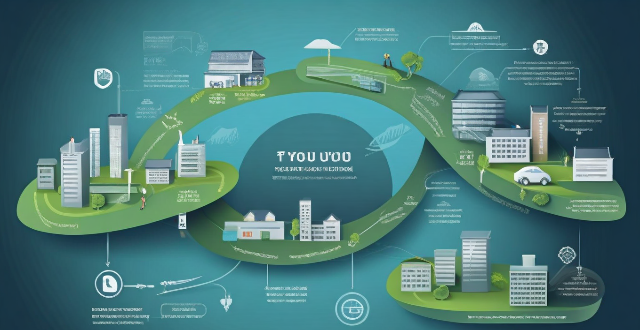
What happens to my data after I recycle my electronic devices ?
When you recycle your electronic devices, several stepsWhen you recycle your electronic devices, several steps data is securely erased several steps are taken to ensure your data is securely erased and the device is properly disposed of. This includes data erasure, disassembly, recycling, reuse and donation, and final disposal. Recycling helps protect your personal data and reduces environmental impact by conserving resources and reducing waste.

**Is my data safe with iCloud's privacy features ?
iCloud, Apple's cloud storage service, offers several privacy and security features to protect user data. These include Private Relay for anonymous browsing, end-to-end encryption for secure transmission, two-factor authentication for account security, tracking prevention for apps and websites, data breach notifications, encrypted cloud storage, privacy reports, password security monitoring, child safety features, and regular security updates. While these features provide robust protection, users should still practice good digital hygiene to further safeguard their data.

What strategies can be implemented to protect forests from the effects of climate change ?
The article discusses the importance of forests in regulating the Earth's climate and outlines several strategies to protect them from climate change, including afforestation and reforestation, sustainable forest management, fire prevention and control, promoting biodiversity, and education and awareness programs.
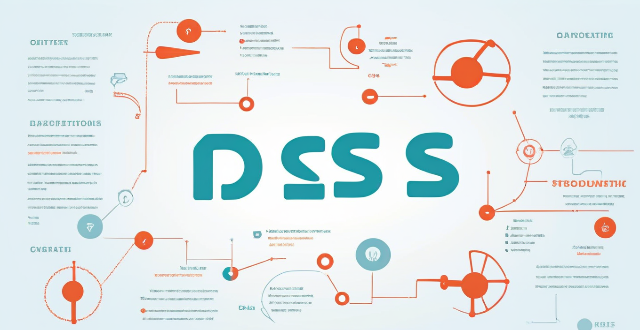
What are the risks associated with weak or improperly implemented data encryption ?
This article discusses the risks associated with weak or improperly implemented data encryption, which can lead to data breaches, loss of trust from customers and stakeholders, legal and regulatory compliance issues, difficulty in recovery, vulnerability to advanced threats, difficulty in detecting breaches, and diminished protection against insider threats. It emphasizes the importance of using strong encryption algorithms, implementing them correctly, and regularly reviewing and updating encryption practices to protect sensitive information and maintain trust.